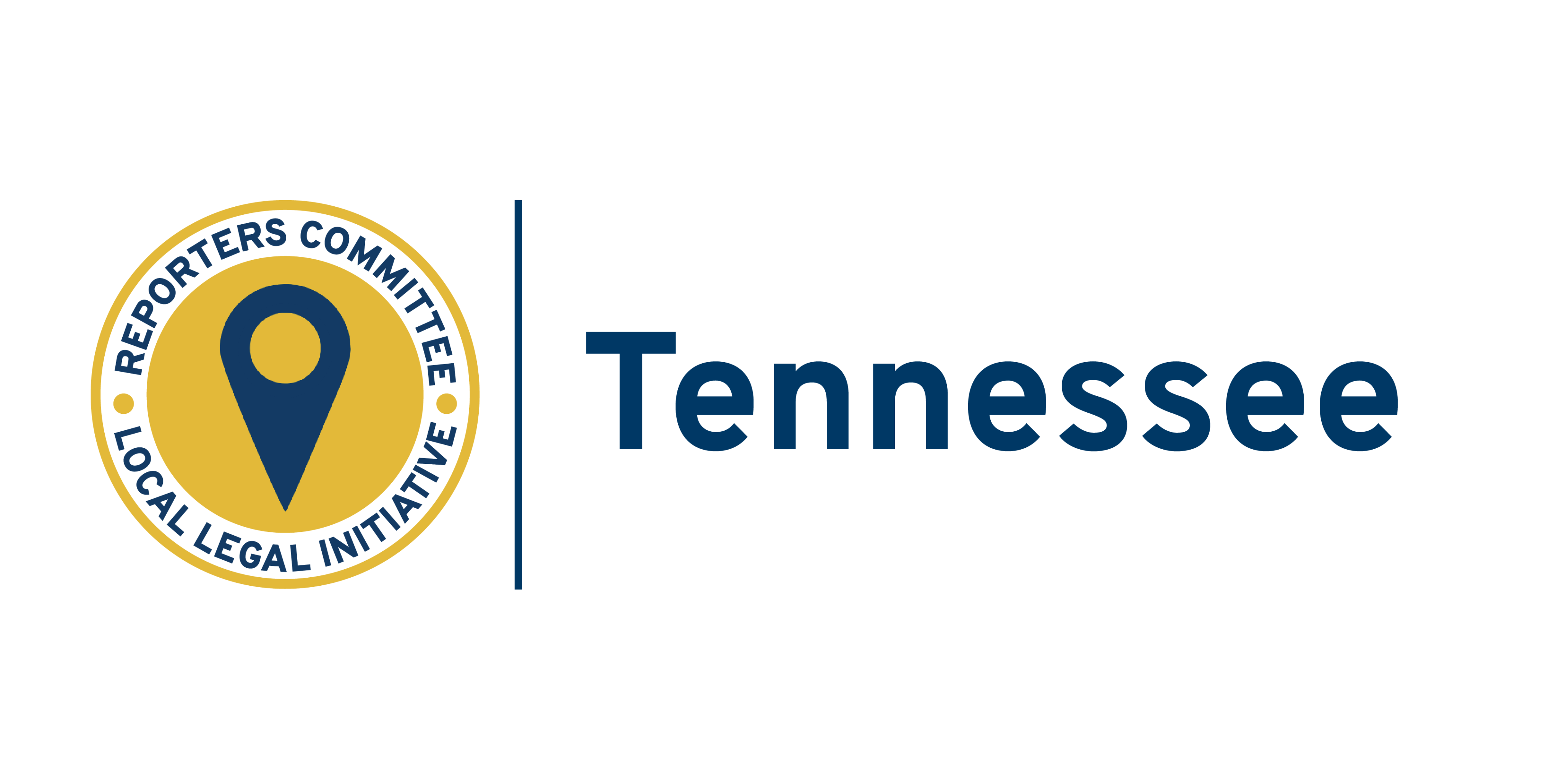On the Docket: RCFP brings pro bono legal services to journalists in Tennessee

This column was originally published in the March 2022 issue of The Tennessee Press, the official publication of the Tennessee Press Association.
In 2019, the Reporters Committee for Freedom of the Press called on journalists and news organizations across the country to tell us how legal support would help them pursue and expand investigative stories in their communities.
In response, the Tennessee Press Association and other news media and open government organizations in Tennessee told us about the legal roadblocks journalists regularly confront as they’re reporting, including excessive law enforcement secrecy and unlawful denials of public records requests.

In March 2020, I became the first attorney hired as part of the Reporters Committee’s Local Legal Initiative, an ambitious effort to increase transparency and accountability in local and state government. Two years later, the Local Legal Initiative is already changing the game here in Tennessee.
No longer is the playing field tilted dramatically in favor of secretive government officials and against the journalists who cover them. Instead, we’re empowering journalists to produce more investigative and enterprise journalism that informs Tennesseans, and which helps them hold their elected officials accountable and ultimately strengthens our democracy.
We have successfully challenged the lawfulness of a state agency’s secret email vote, obtained police body cam footage showing an officer’s use of excessive force and unsealed Tennessee court records revealing details about the business background of a former U.S. senator running for governor of Georgia. And just recently, when state officials refused to disclose records related to a $3 million contract with a consulting firm to assist the state’s coronavirus response, we filed a lawsuit on behalf of FW Publishing to force the governor to make them public.
A win in that ongoing case could do more than just shed light on a huge, no-bid government contract concerning the most newsworthy issue of the past two years. It could also make it harder for government officials to deny public records requests by claiming an exemption that doesn’t actually exist in the Tennessee Public Records Act but is frequently invoked by agencies to shield records from the public.
My role as a Local Legal Initiative attorney goes beyond filing high-profile litigation on behalf of news organizations. I also conduct legal training for journalists and am available via our free legal hotline to discuss newsgathering issues you might be having.
I can help reporters fend off demands for their records. I can help photographers understand their legal rights at protests. And I can help editors push back against government officials when their reporters are shut out of public meetings.
I’m proud of the work we’ve done in the first two years of the Local Legal Initiative. But in order to sustain the program, assist more journalists and hold more public officials accountable, I need your help spreading the word all across Tennessee.
If a colleague is struggling to access data or documents from a government agency, tell them to contact our free legal hotline (1-800-336-4243). If your editor is looking to train new hires on the laws around subpoenas or obtaining court records, share the Reporters Committee’s many free legal resources and encourage them to contact me with questions.
My goal is to provide legal services to journalists in every corner of our state. To do my part to spread the word and make sure my work is always fresh in the minds of Tennessee journalists, I’ll be back with a column in this space on a quarterly basis, providing important insights into legal issues Press Association members confront every day.
Paul McAdoo is the Tennessee Local Legal Initiative attorney for the Reporters Committee for Freedom of the Press. He is based in Nashville.